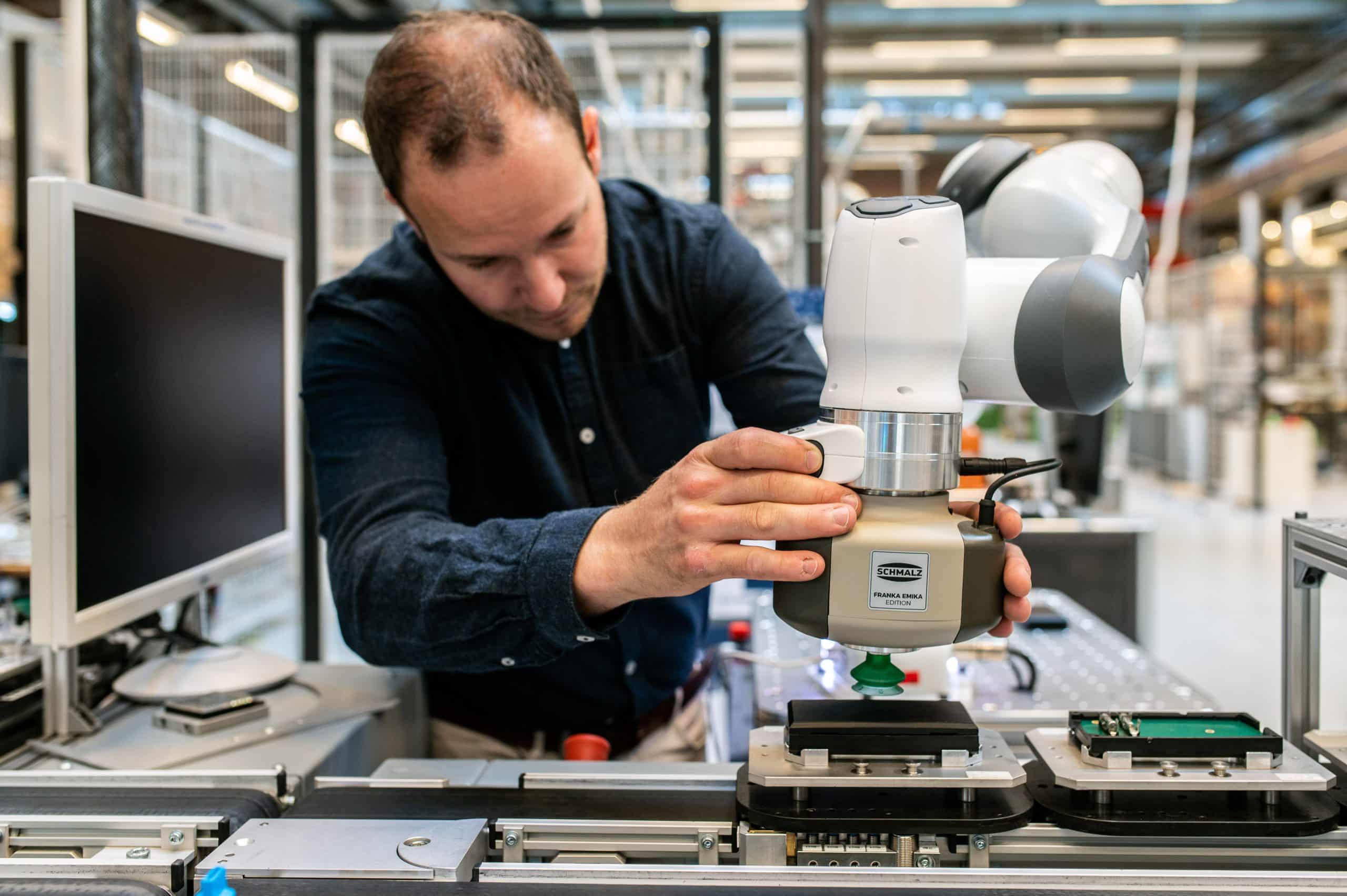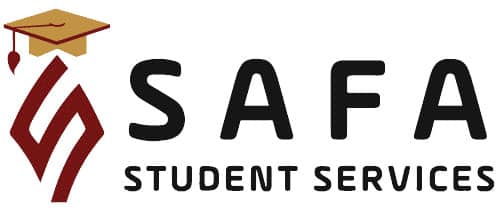Month: August 2024

Discover | The Top Private Universities in Cyprus
Studying abroad is a unique experience that many students seek after high school. One of…
Read More
Advantages of studying in Cyprus | overview
Advantages of studying in Cyprus, many students aspire to enroll in Cypriot universities. These benefits…
Read More
7 Reasons for Studying Physical Therapy in Turkey
Pursuing various medical specialties is the dream of most students after finishing high school, especially…
Read More
How to start studying programming in Turkey | 5 steps to reach your goal
Studying programming in Turkey is an appealing option for students worldwide, thanks to the country’s…
Read More
Advantages of Studying Physical Therapy in Turkey
Physical Therapy is a major branch of medical specialties that combines medicine and health in…
Read More
Study Requirements in Turkey | Easier Than You Think
Many students and parents are eager to learn about the requirements for studying in Turkey.…
Read More
Discover the Best Information Technology specializations in Turkish Universities
Given the global technological advancements, many universities now offer technical college majors, especially in Turkey.…
Read More
Studying computer science in Turkey | Overview
Studying computer science is one of the most prominent fields in today's technology-driven world. Students…
Read More
Pharmacy specialization in Turkey | 6 points make it an excellent choice for studying
Pharmacy is a sought-after field of study in Turkey, attracting many students due to the…
Read More



